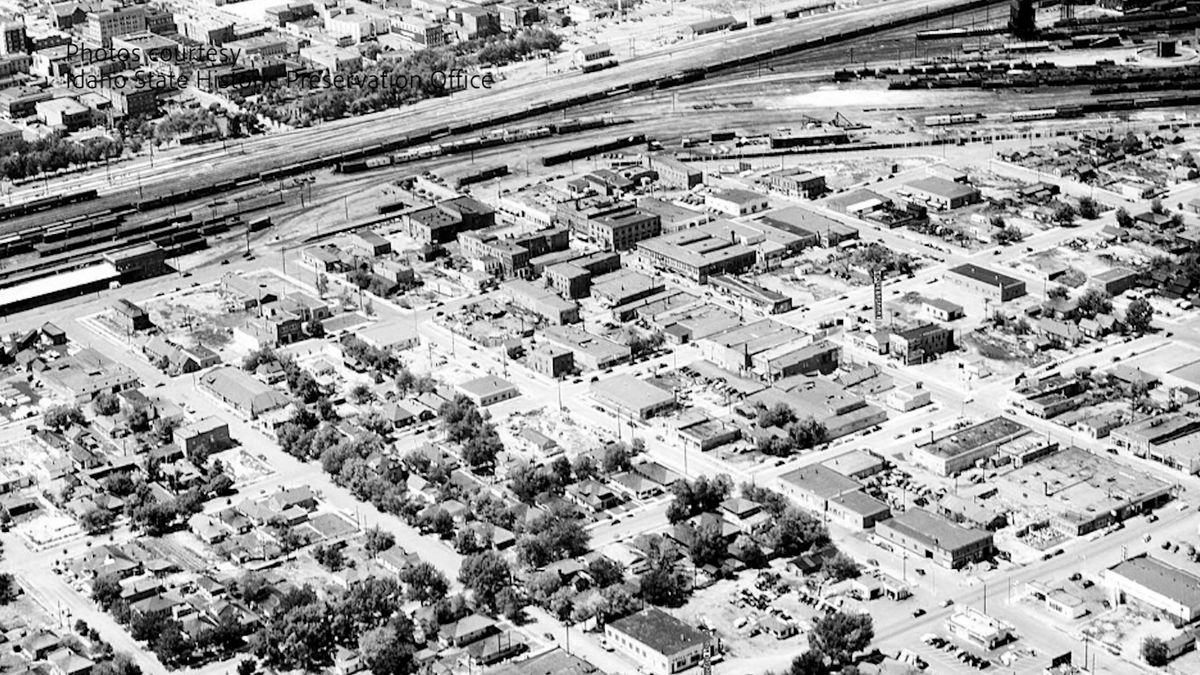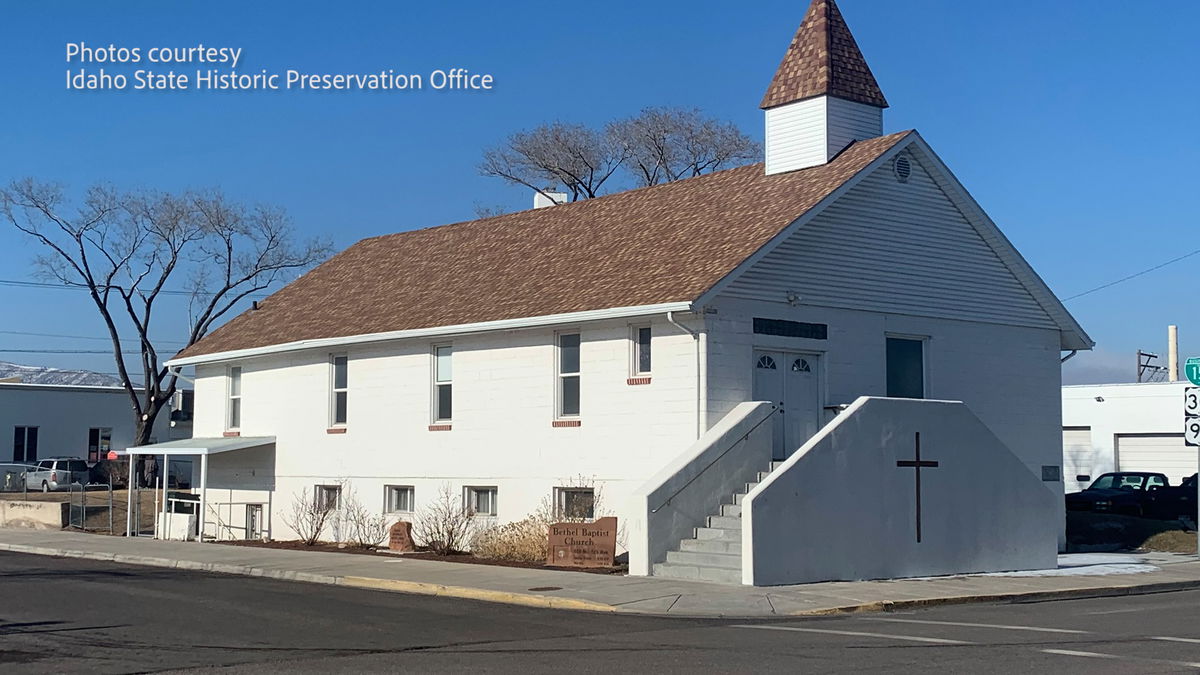A look at Idaho’s Black History and Future
POCATELLO, Idaho (KIFI) - As Black History Month comes to a close, KIFI takes a look at Idaho's Black History.
Idaho has always had a very small population of Black Americans, but those who have chosen to settle in the Gem State have their own stories to tell.
A brief history of Idaho's Black population
Idaho’s Black population took off in the 20th Century, due in part to rising violence and racism in the South and a need for workers during World War II. As white men were enlisting in the military, women and Black men were filling the labor gap left behind.
“The story in Idaho is similar in Pocatello specifically. We had a naval ordnance plant that was recalibrating naval guns and that brought in a lot of African American workers,” Everhart said.
Dan Everhart, the Outreach Historian for the Idaho State Historic Preservation Office, is working to document and register places in Idaho that are integral to the state’s Black history. The Office received a grant from the National Parks Service to find and write the underrepresented stories of Civil Rights in Idaho.
Work on the railroad also attracted Black people to Pocatello and Boise, which have since had the largest and most concentrated population of African Americans in Idaho.
“By 1920 Pocatello had the largest per capita Black population in the state, which was a whopping 2.4% so a very small population overall,” Everhart said.
A hundred years later, and still Idaho’s small Black communities primarily reside in the same two cities. And for decades, those populations were concentrated into neighborhoods--the Triangle District in Pocatello and Riverstreet Neighborhood in Boise--where authorities pushed vice industries, according to Everhart.
“Gambling, prostitution, liquor, these were the neighborhoods where those operations were allowed to grow. They were not discouraged as they would have been in a predominantly white neighborhood, because the powers that be believed the citizens there were less valuable, so why not have these vice industries there as well,” Everhart said.

But now, job opportunities of all industries are open to Black Idahoans - and Idaho State University continues to draw Black people from all around the world to little Pocatello.
A brief look at Idaho's Black Future
Born and raised in Ghana, Daniel Appah came to America at 22, bouncing around to different states and schools before landing in Pocatello by way of ISU.
Appah felt a connection to Idaho and decided to settle here to start his career. But working for someone else was never an option, because Appah comes from a family of entrepreneurs.
“Everybody had their own business. My dad had his own business, my mom had her own business, my uncles. So growing up, I never got used to or was interested in working for anybody,” Appah said.
Following in his family’s footsteps, in 2019, Appah and a colleague officially opened Branch Management, LLC, a company that helps adults with developmental disabilities live independently.
Appah had friends from Ghana studying at ISU, but since graduating they’ve moved back east to be closer to family in the states, which he said he believes is part of the reason there are so few Black people, and Black owned businesses, in Idaho.
“I know friends of mine who own businesses who were all here for school. They moved back and have businesses out there, but its just because they wanted to go back to family,” Appah said.
But Appah is not the only person to come from Africa and settle in a predominantly white town.
“Apart from my native country, native state, Pocatello is the place I’ve really felt at home,” said Dr. Raphael Njoku, Chair of the Global Studies department at ISU.
Njoku was born in Nigeria. Now he teaches students about African politics and history, to enlighten them to the world beyond Idaho's borders.
“I strongly believe diversity is the spice of life. When you have people from around the world bringing ideas -- because ideas are bullets, once fired they help embolden society--so you bring different ideas and unleash your creativity. This town, this state will be a far much better place and happier place than currently,” Njoku said.
As Black History Month comes to a close, Everhart and his colleagues continue to do their work to preserve Idaho's Black History.
Anyone with a person, place or story about Black history in Idaho to share can fill out this form from the State Historic Preservation Office.






